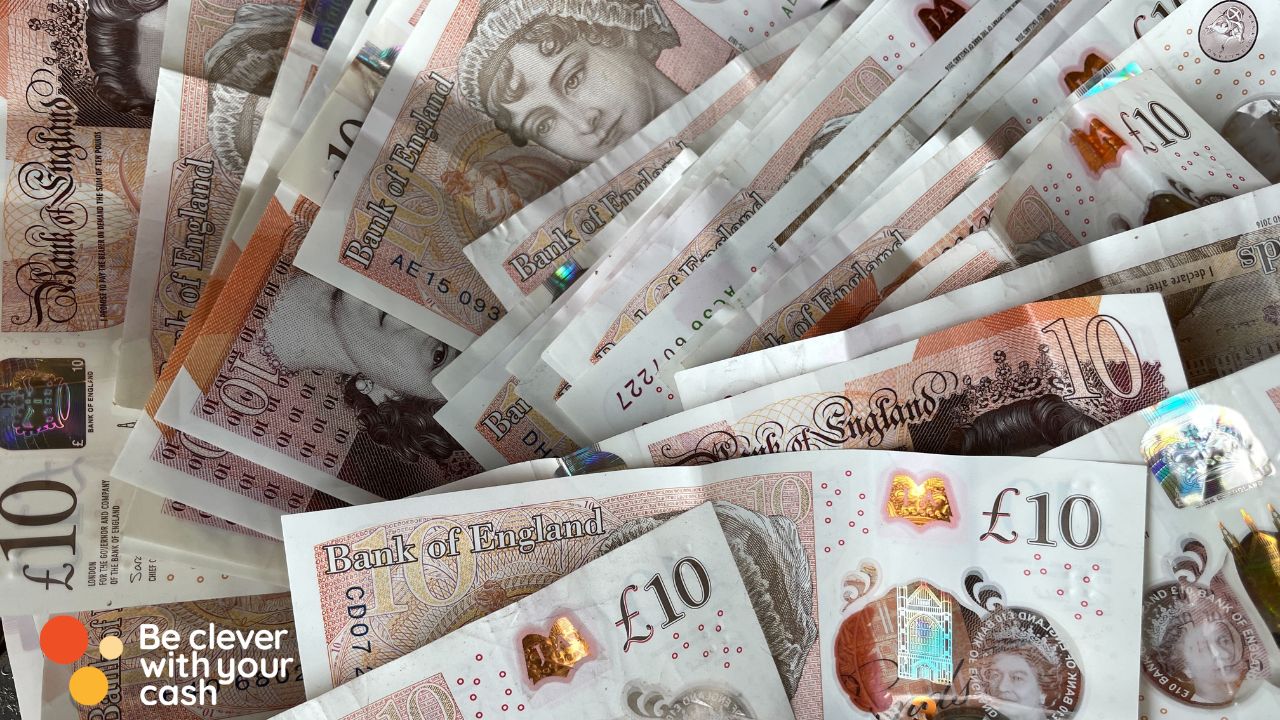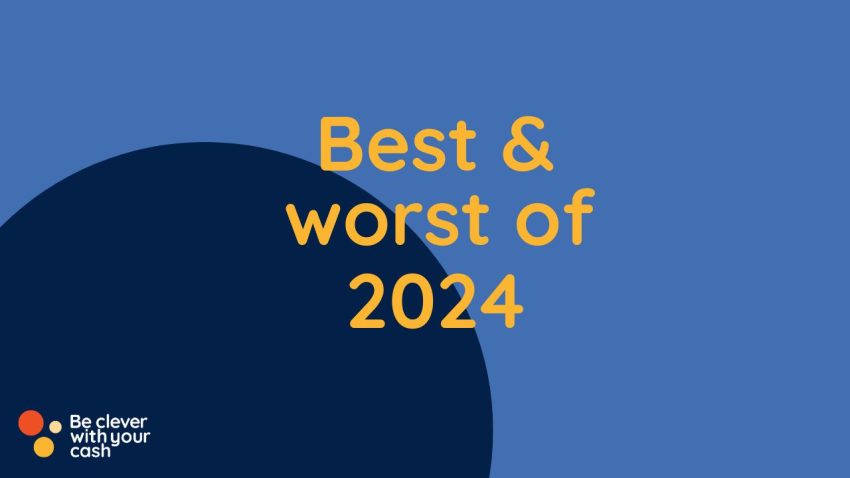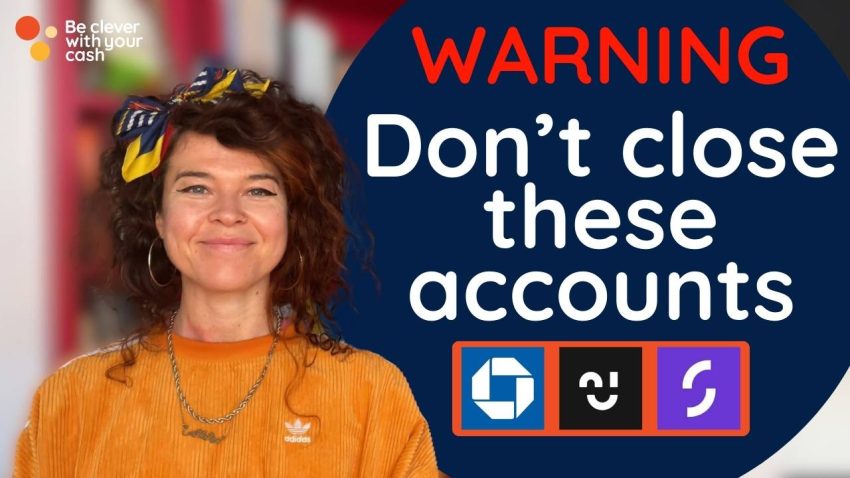Everything you need to consider with a bank you’ve never heard of
Every week the best buy savings tables are full of banks you’ve probably never heard of. At Be Clever With Your Cash, we ensure they’re legitimate before including them in our savings pages – so you know you can trust your money is safe.
However, there are other elements of banking that may be important to you, such as ethics, account access and customer service, so it’s worth having a closer look.
So if you’re interested in putting your money in smaller banks, here are the questions you should be asking…
Some articles on the site contain affiliate links, which provide a small commission to help fund our work. However, they won’t affect the price you pay or our editorial independence. Read more here.

Is the bank legit?
You can check the bank is authorised by the Financial Conduct Authority (FCA) and has permission to offer the services it promises by typing the name into its register.
If the bank’s FCA authorised, it gives you better protection if things go wrong. For example, you’ll be able to complain to the Financial Ombudsman Service, which handles disputes between financial providers and customers.
The register will also give you the genuine contact details of the bank and its website, reducing the risk of dealing with a cloned company that’s trying to scam you.
It can sometimes be a bit tricky locating some banks as they might trade under different names. If you are unsure it’s probably best to look elsewhere.
How is your money protected?
Ideally, you want your money covered under the Financial Services Compensation Scheme (FSCS). This protects up to £85,000 of your savings held with a bank, building society or credit union that is authorised by the Prudential Regulation Authority (another regulator) and the FCA, if the firm fails.
Smaller banks or financial providers may be authorised but aren’t covered by the FSCS, which means your money isn’t protected under the scheme.
If the bank is based abroad, they may be covered by the compensation scheme of their country. However, if it goes bust, you may face exchange rate issues and problems with communication.
Some Electronic Money Institutions (EMI), like Plum, keep customer cash in a separate, ring-fenced account. If anything went wrong with the business, you would be paid out from this account, but only after insolvency costs are settled.
In some cases, the EMI may use a partner bank to hold funds. If this bank is covered by the FSCS, your money will be too. For example, Chip doesn’t have its own FSCS cover, but all the money is held by ClearBank which is.
National Savings and Investments (NS&I) isn’t covered by the FSCS, instead it’s backed by the Government so your money is 100% secure.
How is the bank’s customer service?
The problem with some of the newer or smaller providers is we don’t know much about their quality of customer service.
Large banks also have to present the banking satisfaction survey results, run by the Competitions and Market Authority, prominently online and in their branches every year – so you can see how they compare. You’re also more likely to have friends or family who are customers or have had dealings with them.
However, it’s worth reading reviews, such as those on our sister site Smart Money People, and Google, for example, to get a sense of how satisfied customers are with their experience.
I’d also check what contact options are available on the website. For me, it’s really important to be able to call a company if I need to, so I’d be looking for a phone number, as well as email address. I’m not that keen on online chat features, but you may prefer it.
If you want to test out the customer service before you sign up, you could always ring the number on the website and see how long it takes to answer.
Get the best of our money saving content every week, straight to your inbox
Plus, new Quidco customers get a high paying £18 welcome offer

Are you happy with how you access your account?
Lots of smaller banks don’t have branches – they’re solely online. This may not be a problem if you’re happy to manage your money that way – and with fixed rate accounts, there isn’t much to do until the end of the term.
Having a branch doesn’t make a bank any more legitimate than one that’s digital-only, but it’s something to think about if you prefer face-to-face customer service.
Who is the bank?
If banking ethics are a priority to you, you’ll want to know a bit more about the provider and what they’re funding to ensure they align with your values. It’s not always clear.
For example, both Israel and Qatar have been subject to boycotts in recent years, yet your money might be sitting in banks with headquarters there.
UTMB, which stands for Mizrahi-Tefahot Bank, which currently offers the top three, six and 12 month fixed savings accounts, is an Israeli Bank. It’s a similar story with QIB, which stands for Qatar Islamic Bank.
Larger banks may also not be the most ethical choice. For example, many of them invest in fossil fuels. Some banks, such as Triodos, have ethical policies, while building societies, such as Nationwide, must lend 75% of their funds to home buyers, meaning they don’t have the cash to invest elsewhere. We’ve got a list of the most ethical banks, but they may not always pay the top rates.
Sharia banks, such as Al Rayan and Bank of London and the Middle East, are often in the best buy tables. They can’t use customer money to invest in things that go against Islamic law, like tobacco, arms or gambling.

Amelia’s Analysis
I can understand why people may feel concerned about putting their money in smaller banks, but if they’re covered by the FSCS, they’re just as safe as the more established providers. You’ll get much higher rates than high street banks and maybe even better customer service. Go through the questions above and decide if you’re happy with what you’re getting.




